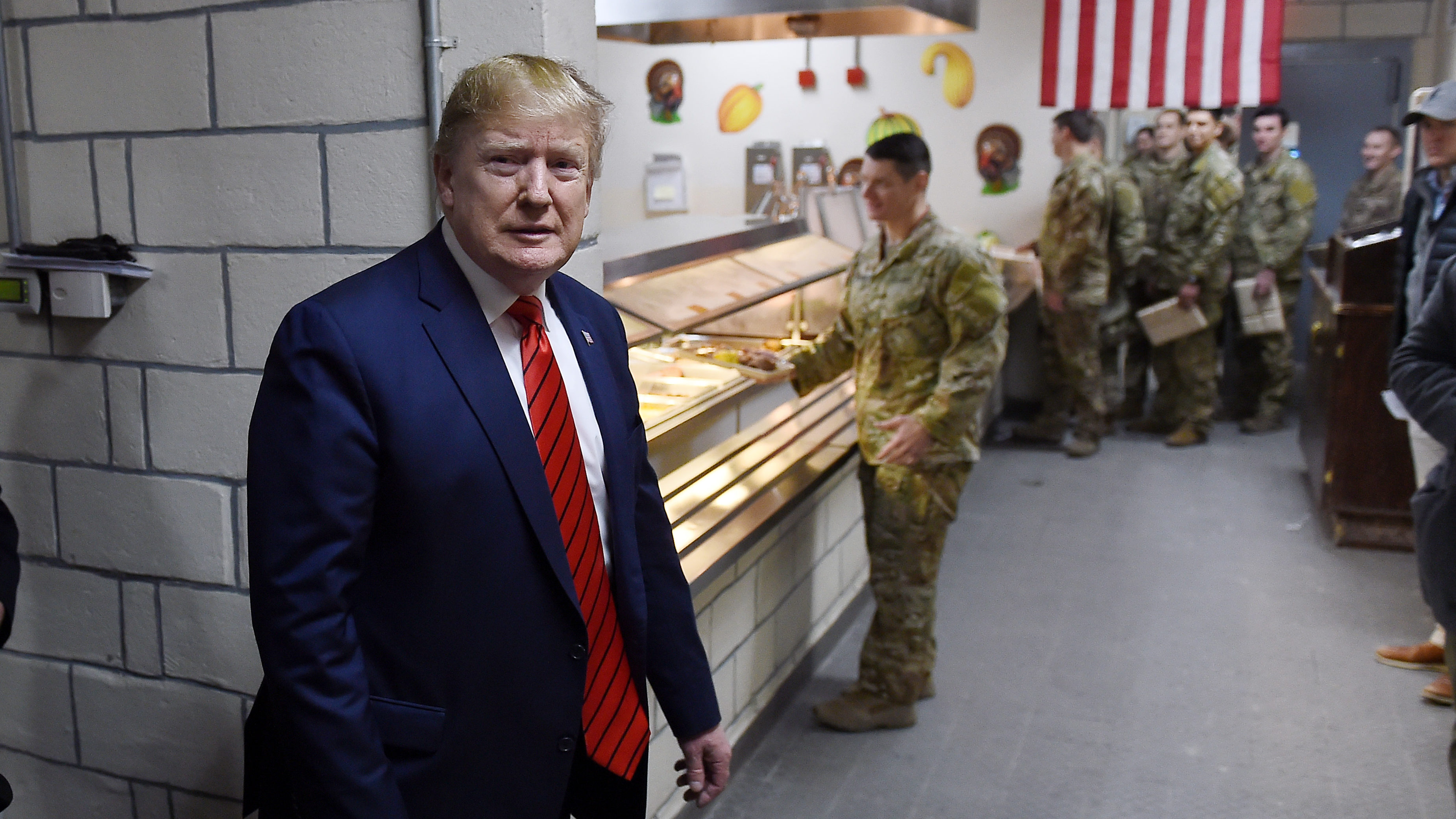Taliban Officials Reject President Trump’s Statement on Reclaiming Bagram Air Base
Taliban officials in Afghanistan were quick to respond to US President Donald Trump’s remarks about reclaiming Bagram Air Base.
Zakir Jalali, a senior official at the Ministry of Foreign Affairs, made it clear that Afghanistan does not accept any foreign military presence on its soil.
Jalali emphasized that although Kabul is open to political and economic engagement with Washington on the basis of mutual respect and shared interests, the prospect of an American military return is entirely unacceptable
He added that Afghans have consistently rejected foreign military bases throughout history, a stance reaffirmed during the Doha peace talks and the subsequent agreement.
President Donald Trump, speaking at a press conference with British Prime Minister Keir Starmer on Thursday, said, “We are trying to get it back. By the way, this may be a little breaking news. We are working to bring it back because they need things from us.”
He added, “We want that base back. One reason we want it is that, as you know, it is about an hour away from where China builds its nuclear weapons.”
However, US officials did not immediately clarify what Trump meant when he said Washington was trying to take back the base.
Meanwhile, in response to Trump’s remarks concerning Bagram Air Base, China’s Ministry of Foreign Affairs issued a cautious reaction.
This holiday season, give to:
Truth and understanding
The Media Line's intrepid correspondents are in Israel, Gaza, Lebanon, Syria and Pakistan providing first-person reporting.
They all said they cover it.
We see it.
We report with just one agenda: the truth.


The ministry spokesperson stated on Friday that “Beijing respects Afghanistan’s sovereignty, independence and territorial integrity.”
Without mentioning Trump, Foreign Ministry spokesperson Lin Jian, speaking at the weekly briefing, said, “China does not support an atmosphere of unrest and confrontation in the region, and we hope all parties will play a positive role in promoting peace and stability.”
This is not the first time President Trump has spoken about Bagram Air Base.
He has repeatedly emphasized its strategic importance to the United States and alleged that China now controls it, a claim the Taliban-led Afghan government has rejected as baseless.
In March 2025, while speaking at the Department of Justice, President Trump referred to the US withdrawal from Afghanistan as the “most embarrassing” day in American history.
According to President Trump, the US was interested in keeping Bagram Air Base due to its strategic proximity to China.
Bagram Air Base, located about 25 miles north of Kabul, was once the flagship of US military operations in Afghanistan.
For two decades, it served as the largest and most heavily fortified base in the country, functioning not only as the hub for counterinsurgency operations against the Taliban and al-Qaida but also as a logistical nerve center for NATO forces.
Its two runways are capable of handling heavy bombers and cargo aircraft, and its vast infrastructure made it one of the most strategically significant US military installations outside America.
Nestled in Central Asia, Bagram offers proximity to Iran, Pakistan and China, while also providing a potential vantage point for monitoring developments in the region.
Its loss in 2021, when American forces withdrew, was seen by many observers as a symbol of the end of Washington’s longest war and a shift in regional dynamics.
Washington continues to view Bagram through the lens of global strategy and competition with powers like China, while the Taliban are determined to frame Afghanistan’s future on the principle of sovereignty and the rejection of foreign bases.
As Jalali indicated, Afghanistan’s door remains open to engagement but only in nonmilitary forms such as trade and political cooperation.
The latest episode highlights the enduring significance of Bagram Air Base on the broader geopolitical landscape, even four years after the US withdrawal.
For Washington, it remains a symbol of lost strategic ground. For the Afghan Taliban, it is a marker of victory and sovereignty. For the wider region, it serves as a reminder that Afghanistan remains at the crossroads of global rivalries.

